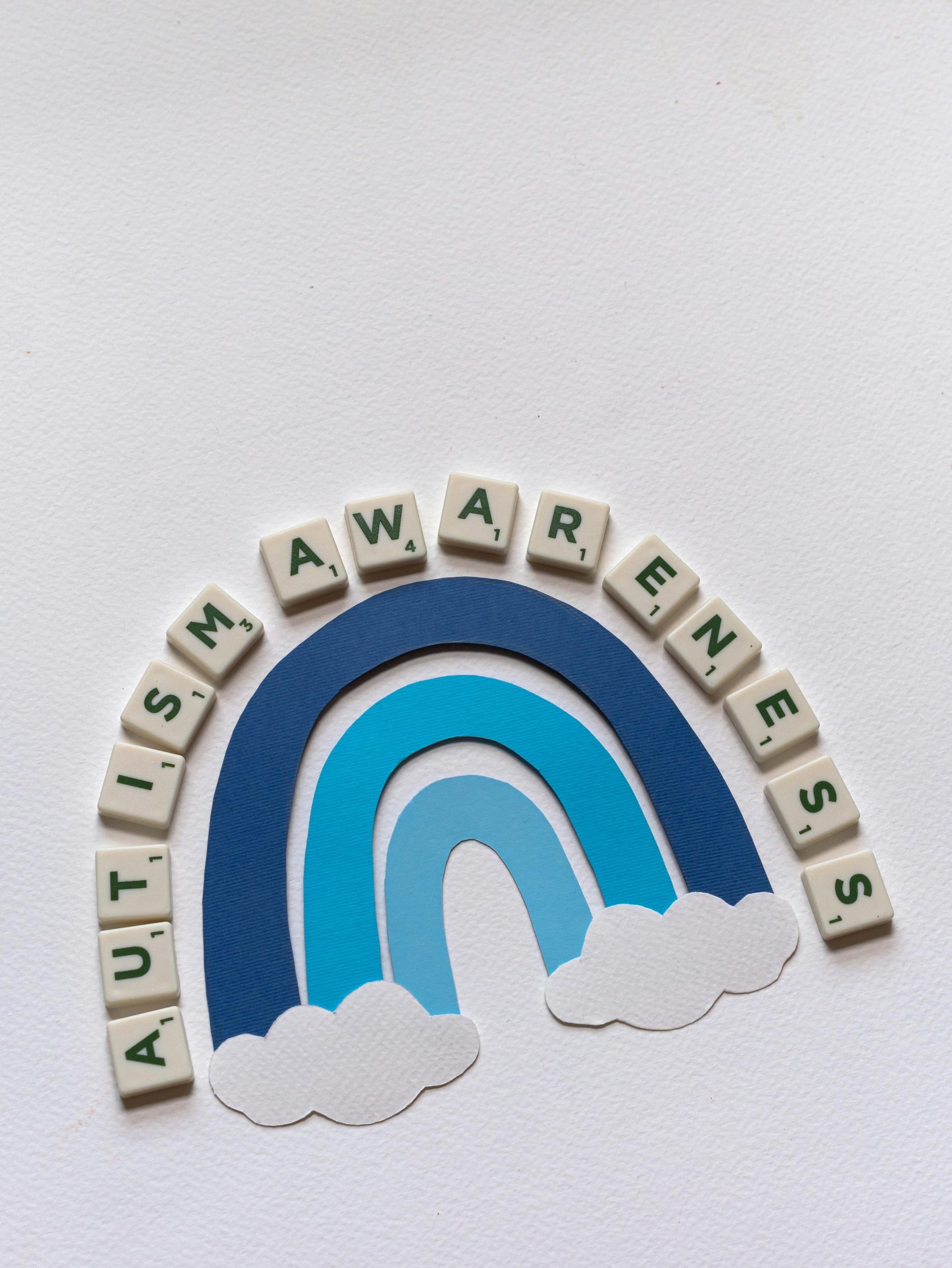12-18 Month Sleep Regression: Why Your Toddler’s Sleep Has Changed and How to Fix It
Lacy Hess • April 13, 2025
12-18 Month Sleep Regression: What Every Parent Needs to Know

If your toddler has suddenly started fighting naps or bedtime around 12-18 months, you’re likely facing a very common — and very frustrating
— developmental stage: the 12-18 month sleep regression.
This age can bring big changes in sleep habits, even for little ones who were great sleepers before. The good news? You’re not doing anything wrong — and there are ways to help your child (and yourself) get through it.
Here are three common reasons
why sleep struggles show up around this age, and what you can do to make bedtime smoother:
1️⃣ Growing Awareness Can Disrupt Sleep
As your toddler’s brain rapidly develops, they become more aware of the world around them. This growing awareness often leads to overstimulation at bedtime. A child who’s too stimulated can become “wired but tired,” making it harder for them to settle and fall asleep.
How to help your toddler wind down:
- Stick to a consistent daytime nap schedule to prevent overtiredness.
- Create a calming bedtime routine.
- Reduce distractions by turning off screens, putting away toys, dimming the lights, and keeping the environment quiet.
2️⃣ Growing Independence Triggers Bedtime Battles
Between 12 and 18 months, toddlers begin asserting their independence, and bedtime is a favorite place to push boundaries. You might notice more tantrums, protests, and refusal to settle — all signs that your child is testing the limits.
Tips for setting bedtime boundaries:
- Stay calm, even when your toddler gets upset. (No, it is NOT easy!!)
- Be consistent with expectations and bedtime routines.
- Avoid giving in to avoid confusion — toddlers feel more secure when limits are clear and predictable. (This is REALLY important!!)
3️⃣
Growing Mobility Can Affect Sleep
This stage is also packed with physical milestones like crawling, standing, and walking. Toddlers often want to practice their new skills, even at bedtime or in the middle of the night!
Safe sleep tips for mobile toddlers:
- Keep your child in a crib as long as possible to ensure safety and better sleep consistency. (If your little one is not sleeping well in their crib, transitioning to a toddler bed is UNLIKELY to solve the problem.)
- Lower the crib mattress to discourage climbing.
- Remove items from the crib that could help them climb out.
Need Help With Your Toddler’s Sleep Regression?
The 12-18 month sleep regression can leave the whole family feeling exhausted, but the good news is: with the right strategies and support, your child’s sleep can improve — and so can yours!
If you’re struggling to get your toddler’s sleep back on track, I’m here to help.
💬 Book a free consultation
today and let’s talk about how I can help bring sleep back to your home!
Want more sleep tips sent straight to your inbox?
If you found this blog helpful, don’t miss out on more!
Sign up for my newsletter and get my latest blog posts — packed full of practical sleep tips — delivered to you every week.




